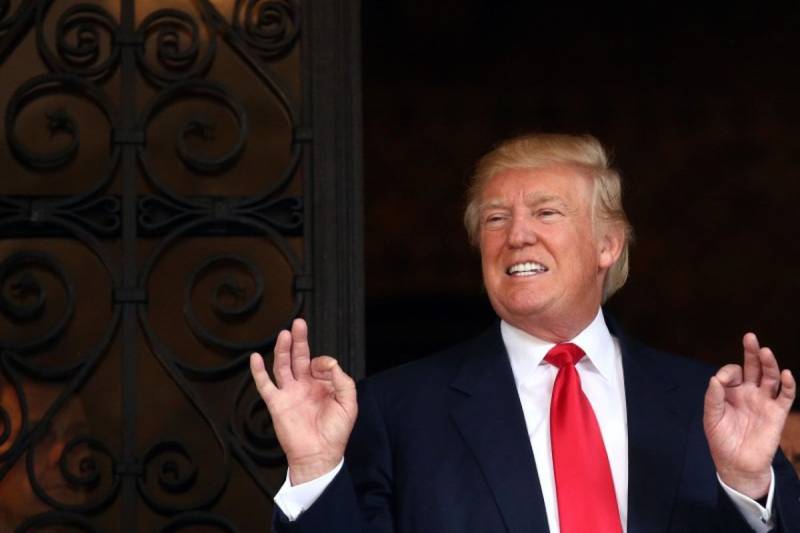Florida (Reuters): President-elect Donald Trump reaffirmed his proposal to a ban Muslims entering the United States while condemning the attack at a Christmas market in Berlin.
"What's happening is disgraceful," Trump said, adding that he has not talked to President Barack Obama since the Berlin attack or the assassination of a Russian ambassador in Turkey, both of which took place on Monday.
Trump stated that the attacks this week in Berlin and Ankara vindicated his proposal during the presidential campaign to bar Muslims from entering the United States. "What's going on is terrible, terrible," Trump told reporters when asked about the recent tragic incidents.
US officials deny there is evidence the militant group had directed the attack even after Daesh has claimed responsibility for the Berlin attack.
"You know my plans. All along, I've been proven to be right. 100 percent correct. What's happening is disgraceful," said Trump when asked by reporters regarding Monday's violence would affect his consideration of a ban on Muslims entering the US.
In addition, the Presidential transition communications director Jason Miller said that a stringent process is required to keep the US safe, while no heed is to be paid to being politically correct. He also said, “This might upset those with their heads stuck in the politically correct sand, but nothing is more important than keeping our people safe.”
Trump's recent declarations have made the whole ban and registry issue pertaining to Muslims a mystery. Earlier on Twitter, he had encouraged the initiative of "safe zones" in war-struck Syria. On the other hand, he asserts that tragic incidents such as the one in Berlin strengthen his stance on Muslims.
In December 2015, the now-President-elect had called for absolutely barring Muslims from entering the US, "until our country's representatives can figure out what is going on." Then he rephrased his stance to a "temporary ban" on Muslims entering the country as a means of fighting terrorism. Trump then once again changed his potential plan of action going forward to advocate suspending immigration for the time being from regions perceived to be exporting terrorism.
However, US-born citizens, rather than immigrants, were involved in some of the main attacks in the US in recent years, including the mass shooting at an Orlando gay nightclub in June.
On Monday, Trump issued a statement about the Berlin attack, wherein he noted that Daesh and other militant groups continually slaughter Christians as part of their global jihad. But when asked about his reference to Christians on Wednesday, the President-elect seemingly softened his response, saying, "It's an attack on humanity, and it's gotta be stopped.”
Current and former US officials had reacted with dismay to Trump's original language, saying it could inflame anti-Western sentiment among Muslims, and erode cooperation from Muslim communities that they view as central to quashing such attacks. Yet Trump has been critical of Obama and former Secretary of State Hillary Clinton for what he says is a reluctance to clearly name militancy as a threat.
Whereas the President-elect maintains that the battle is being fought with radical Islamist groups, he is unsure of how to segregate the extremist element. He commented that "it's very hard to define. It's very hard to separate. Because you don't know who's who."


